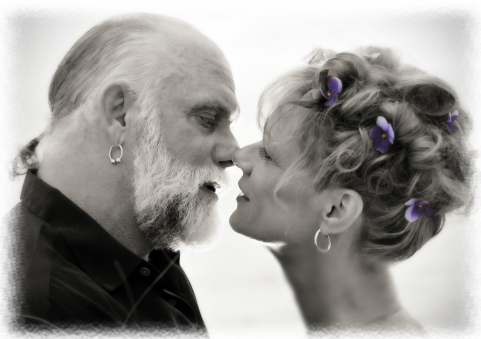|
|---|
Sunday, September 6, 2009

In comparison with most men, few things touch me, or to put it better, hold me; for it is right that things should touch us, provided they do not possess us.
Consider that even in actions which are vain and frivolous, in chess, tennis, and the like, this fierce and ardent involvement of an impetuous desire instantly casts the mind and limbs into thoughtlessness and disorder: we daze and hamper ourselves.
To know the order of precedence is the beginning of wisdom. (Confucius)
Monday, January 12, 2009

It was Montaigne's conviction that in spite of the range of human diversity, there is a basic unity to human experience. "Each man bears the entire form of man's estate." And if such is the case, then writing about oneself is not a private, narcissistic act but will strike a chord of grateful recognition in readers everywhere. Montaigne's unique talent for communicating himself proved the point: we now have thousands of verbal self-portraits in print, and few have inspired readers to identify themselves with the writer nearly as much as Montaigne's.
Part of the reason for its success was Montaigne's ability to see himself as an average human being. Of course, he was scarcely average in intelligence and literary gifts. But he regarded the ups and downs and pleasures of his daily life as typical; he chose to write not in Latin, the learned language of his time, but in conversational, vernacular French; and he minimized his singular career (a valued diplomat used by kings, and twice mayor of Bordeaux), opting instead for a tone of ironic self-deprecation. This grew partly out of his view of the human condition.
Montaigne regarded humanity as constantly in flux, vain, ashamed of itself, and contradictory. Rather than condemning people, however, he recommended a generous self-forgiveness. He preferred not to aim so high (there is little of the mystical, transcendent, or tragic in this author) but to steer a middle course. His thought evolved from an early expression of Stoicism (including the concern about dying well) to skepticism and eventually a brand of epicureanism (giving counsel on the art of living well).
One of the most radical of Montaigne's practices was to follow his thoughts no matter where they led him. The result conveyed the spontaneity of mental discovery, on the one hand, and a heedless lack of structure, on the other. In "Of Books" and elsewhere, he made a case for the common reader, the non scholar, who will simply say what he or she thinks about a book. His literary preferences were for Senecan conclusions rather than windy lead-ups, for language that is to the point, not bothering with elegance but "rough and contemptuous". His own sentences were sinewy, dry, yet succulent; they explode like pomegranate seeds on the tongue.
Phillip Lopate, from The Art of the Personal Essay
Labels: Epicurianism, essay, Michel de Montaigne, Phillip Lopate, Seneca, Skepticisim, Stoicism














